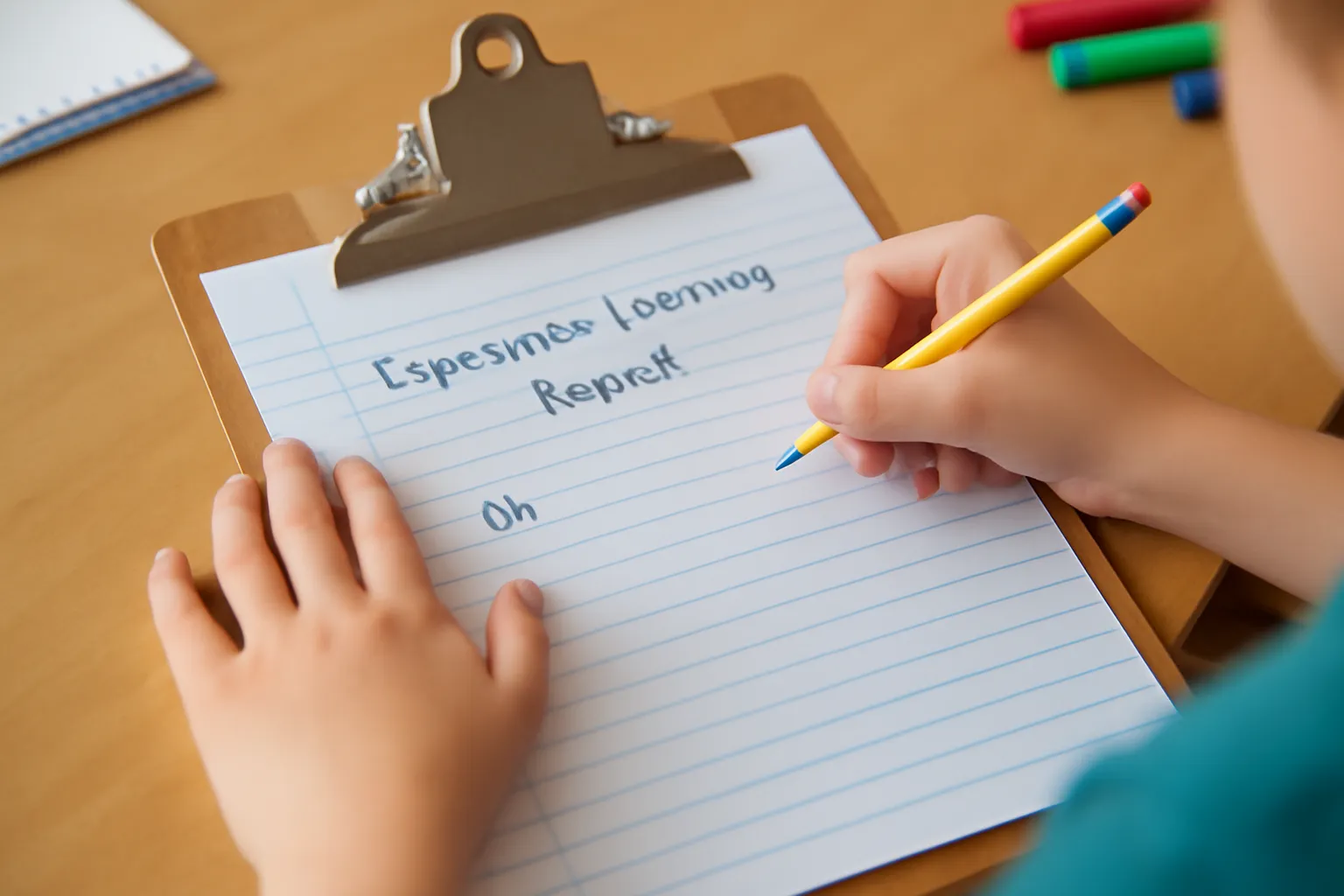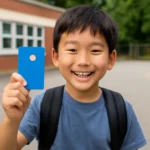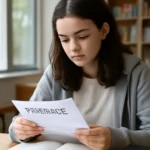Are you wondering how to write an effective learning experience report for elementary school students? Dive into our easy-to-follow guide on how to craft a compelling and insightful experience learning report!
Writing an experience learning report in elementary school is a vital skill for young students. This task not only aids in reflecting on the activities they’ve engaged in but also helps in developing writing skills, comprehension, and critical thinking. Whether it’s a field trip, a science experiment, or a hands-on classroom activity, a well-written report will give teachers a clear insight into what a student has learned and experienced.
In this article, we’ll explore the key steps to writing an effective elementary school experience learning report, the importance of reflecting on the experience, and some tips to make the process easier for both parents and students.
How to Write an Elementary School Experience Learning Report
Writing a learning report requires a clear structure. For young students, it’s important to break down the process into manageable steps to help them organize their thoughts. Here’s a simple structure that will help guide the writing process:
1. Introduction to the Experience
Start by briefly explaining the activity or event you participated in. This could be a school trip, a science project, or an activity in class. Mention when and where it took place and what the primary focus of the event was. A short introduction can give the reader context for what follows.
Example:
“I went on a school trip to the local zoo last Tuesday with my class. We learned about different types of animals and how they live in their natural habitats. My favorite animal was the giraffe because it is so tall and has a long neck.”
2. What You Learned
This is the core of the report. Discuss what you learned from the experience. It’s important for the student to reflect on the new information or skills they gained and describe them clearly. Be specific—did you learn about animals, historical facts, or scientific concepts? Use this section to explain what you now understand that you didn’t before the activity.
Example:
“During our trip, I learned that giraffes eat leaves from the tops of trees. They have long tongues that help them reach high branches. I also learned that giraffes can run really fast, even though they have long legs!”
3. Personal Reflection
After discussing the facts, the next step is for students to reflect on how they felt about the experience. Did they enjoy it? Were they surprised by something? Did it inspire them to learn more about a particular topic? This section helps students build their critical thinking and emotional intelligence by asking them to connect with their learning experiences on a deeper level.
Example:
“I was surprised to see how tall the giraffes were! I never imagined that they could run so fast. The visit made me want to learn more about other wild animals and their habitats.”
4. Conclusion
The conclusion should summarize the experience and what the student will take away from it. It’s helpful to mention whether they would recommend the experience to others or if they would like to do it again. The conclusion wraps up the learning experience and gives a sense of closure.
Example:
“Overall, I really enjoyed the zoo trip. I learned so much about giraffes and other animals. I would love to visit the zoo again with my family and see more animals up close.”
👉 Learn More About Writing Reports 👈
Elementary School Student Learning Report
The elementary school student learning report is a summary of a student’s learning experience over a certain period. These reports can take various forms, but their ultimate goal is to reflect on how the student has developed academically and personally through their experiences.
Key Components of the Report
-
Activity Overview
Just like in the experience report, the learning report begins with a brief summary of the activity, event, or lesson. Here, teachers or students might describe the specific tasks completed or the objectives of the learning session. -
Skills and Knowledge Gained
This section dives deeper into what students gained during the experience. It could be new skills in mathematics, a better understanding of history, or enhanced teamwork abilities. This helps to track progress over time. -
Future Learning Goals
An essential part of the student report is setting goals for the future. What areas do students need to improve? This could involve practicing more math problems, reading more books, or participating in class discussions.
Example:
“This semester, I improved my reading comprehension skills. I want to focus on writing more detailed essays next term and improving my speaking skills during class presentations.”
👉 Explore More Learning Report Tips 👈
Elementary Experience Learning Report
An elementary experience learning report allows students to document not only what they learned but also how they experienced the learning process itself. It emphasizes self-reflection and encourages young students to connect the content with their personal feelings and growth.
Why It’s Important
-
Builds Writing Skills
Writing an experience learning report allows students to practice clear, concise, and structured writing. By articulating their thoughts on paper, students enhance their writing skills and learn how to convey information effectively. -
Encourages Reflection
When students reflect on their experiences, they develop a deeper understanding of the subject matter and how it connects to their lives. It can even motivate them to pursue further learning in that area. -
Demonstrates Progress
An experience report is an excellent tool for students and teachers to assess growth over time. It highlights strengths and areas for improvement, providing valuable feedback for both.
Example:
“After learning about plants, I noticed that I started paying attention to the flowers and trees around me. I realized how important it is to take care of the environment and will try to plant more trees in my backyard.”
👉 Find Out More About Experience Reports 👈
Conclusion
Writing an elementary school experience learning report may seem challenging at first, but it’s a valuable skill that fosters reflection, organization, and personal growth. By following a clear structure and focusing on key components such as the experience itself, new knowledge gained, and personal reflection, students will not only improve their writing skills but also develop a deeper understanding of what they’ve learned. Remember, the goal is not just to summarize what happened but to reflect on it and see how it contributes to your overall learning journey.
As Albert Einstein once said, “The only source of knowledge is experience.” Keep reflecting on your experiences and let them shape your future learning!






